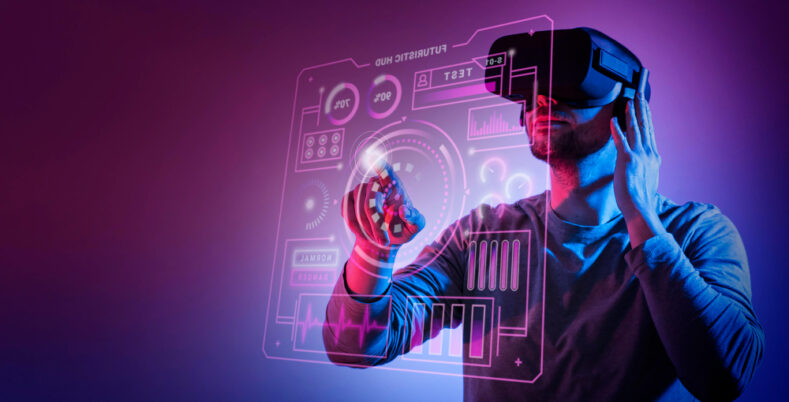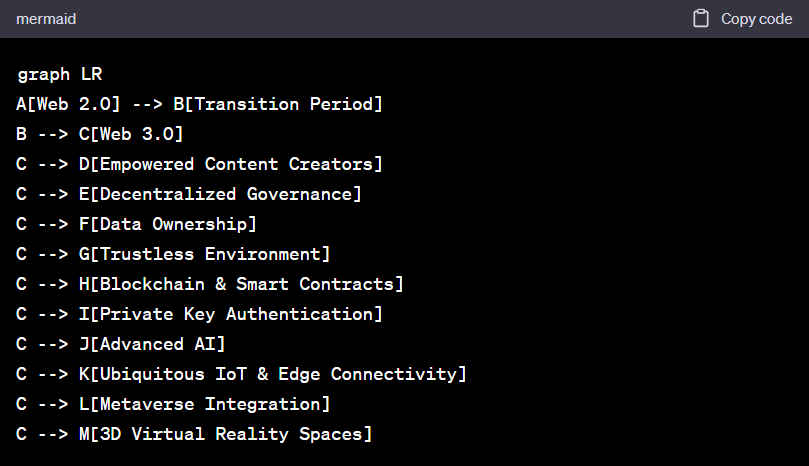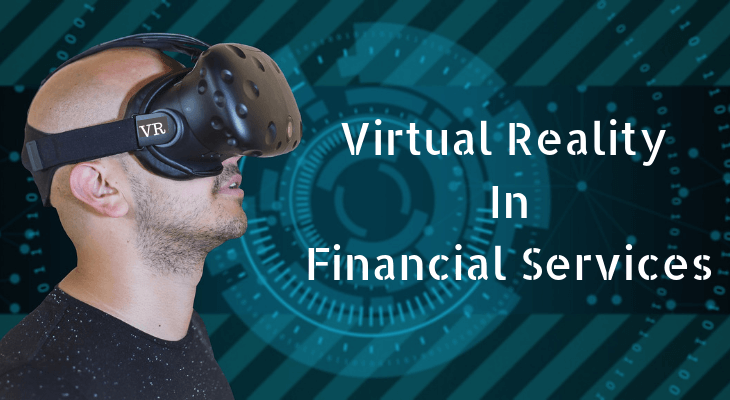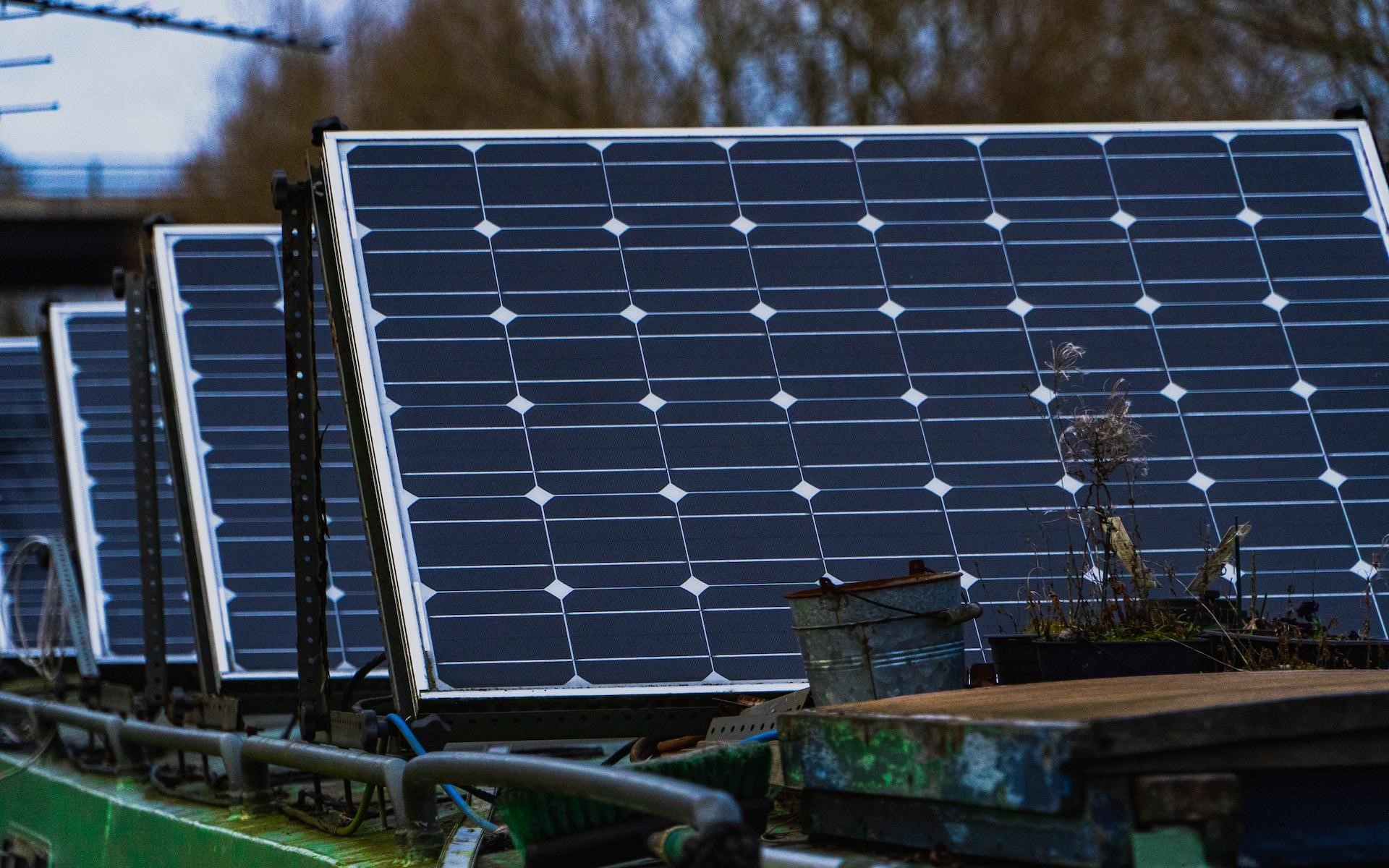In the dynamic landscape of the digital realm, innovation is a constant companion. As we stand on the precipice of a groundbreaking shift, The power of Web 3.0 emerges as a beacon of transformation, promising a decentralized internet that empowers content creators and revolutionizes the way we interact with the virtual world. Over the next 18-24 months, the transition from the familiar confines of Web 2.0 to the uncharted territories of Web 3.0 is poised to reshape the digital landscape. In this comprehensive exploration, we unravel the intricate tapestry of Web 3.0's features, unveiling its remarkable potential and impact.
Decentralization: Pioneering a New Era of Autonomy
Web 3.0's defining characteristic is its decentralized nature. Unlike the centralized structures of Web 2.0, where corporate authorities held sway, Web 3.0 redistributes power, allowing content creators to seize control of their destinies. This seismic shift enables creators to independently monetize their data, fostering a climate of empowerment and self-determination.
Decentralized Governance: Empowering the Community
A pivotal departure from the past, Web 3.0 introduces a paradigm of decentralized governance. Authority no longer resides solely in the hands of corporations; instead, it is entrusted to decentralized organizations. Governance token holders actively participate in decision-making, transforming the digital landscape into a democratic arena.
Data Ownership: Empowering Users in Unprecedented Ways
Web 3.0 engineers a monumental change in the concept of data ownership. Users are no longer mere data points; they are proprietors of their information. This profound transformation enables direct monetization through blockchain technology, a departure from the traditional model where intermediaries reaped the rewards.
Trustless Environment: Forging Trust in Decentralization
At the heart of Web 3.0 lies an innovative solution to the issue of trust. Decentralized networks and blockchain technologies intertwine to establish a trustless environment. Validation is crowdsourced, and data is stored transparently, rendering manipulation virtually impossible.
Blockchain and Smart Contracts: A Symphony of Automation
Building upon the foundations of cryptocurrency, Web 3.0 embraces the concept of smart contracts. These self-executing contracts automate processes, streamlining interactions between parties. This technology not only enhances efficiency but also fosters an environment of reliability and transparency.
Private Key Authentication: A New Era of Security
Web 3.0 introduces a novel approach to security: private key authentication. Users hold the keys to their blockchain access, replacing conventional methods that often fall victim to breaches. This enhanced security architecture paves the way for more secure digital experiences.
Power of Web 3.0 in Advanced AI: Elevating User Experiences
Machine learning and AI stand as pillars of Web 3.0, propelling user experiences to unprecedented heights. From revolutionizing gaming and training to optimizing supply chain monitoring, AI's prowess underpins a new dimension of digital interaction.
Ubiquitous IoT and Edge Connectivity: The Dawn of a Semantic Web
The rise of Web 3.0 brings with it the promise of the Semantic Web spreading through ubiquitous IoT and edge connectivity. These technologies usher in immersive experiences, seamlessly integrating the digital world with the physical.
Power of Web 3.0-Metaverse Integration: A Confluence of Realities
Intriguingly, Web 3.0 converges with the metaverse, a virtual realm of infinite possibilities. This fusion simplifies the creation and utilization of virtual worlds, blurring the lines between reality and the virtual frontier.
3D Virtual Reality Spaces: Crafting Engaging Metaverse Experiences
At the pinnacle of Web 3.0's metaverse lies a three-dimensional wonderland, merging the realms of VR, AR, and XR. This amalgamation creates a canvas for unparalleled employee engagement, offering immersive experiences that redefine the boundaries of productivity.
By traversing the realm of Web 3.0, we embark on an odyssey of transformation and discovery. The journey from Web 2.0's centralized structures to Web 3.0's decentralized tapestry is laden with potential. As the digital landscape readies itself for the upcoming transition, the dawn of a new era beckons—an era where content creators wield unprecedented power, governance transcends corporate boundaries, and trust finds a new home in the embrace of decentralization. The advent of Web 3.0 is not merely a shift; it's a revolution—an invitation to carve our destinies in the digital cosmos.
In the graph above, we witness the journey from the established realm of Web 2.0 to the upcoming landscape of Web 3.0. This transition marks a transformative shift, ushering in empowerment, decentralization, and innovation.
Conclusion: A New Epoch Beckons
As we stand on the threshold of this digital revolution, Web 3.0 beckons with promises of empowerment, autonomy, and innovation. The transition from Web 2.0 to Web 3.0 signifies not just an evolution, but a revolution—a paradigm shift that will redefine the way we interact, create, and govern in the digital age. With its decentralized architecture, novel governance models, and groundbreaking technologies, Web 3.0 charts a course towards a future where individuals wield the power to shape their online destinies. The path is set, the journey is underway, and the impact is bound to resonate across industries and societies. Web 3.0 is more than a concept; it's an embodiment of the digital aspirations of a new era.
You May Also Like To Read:
How Web 3.0 differs from 2.0: Key similarities and differences






